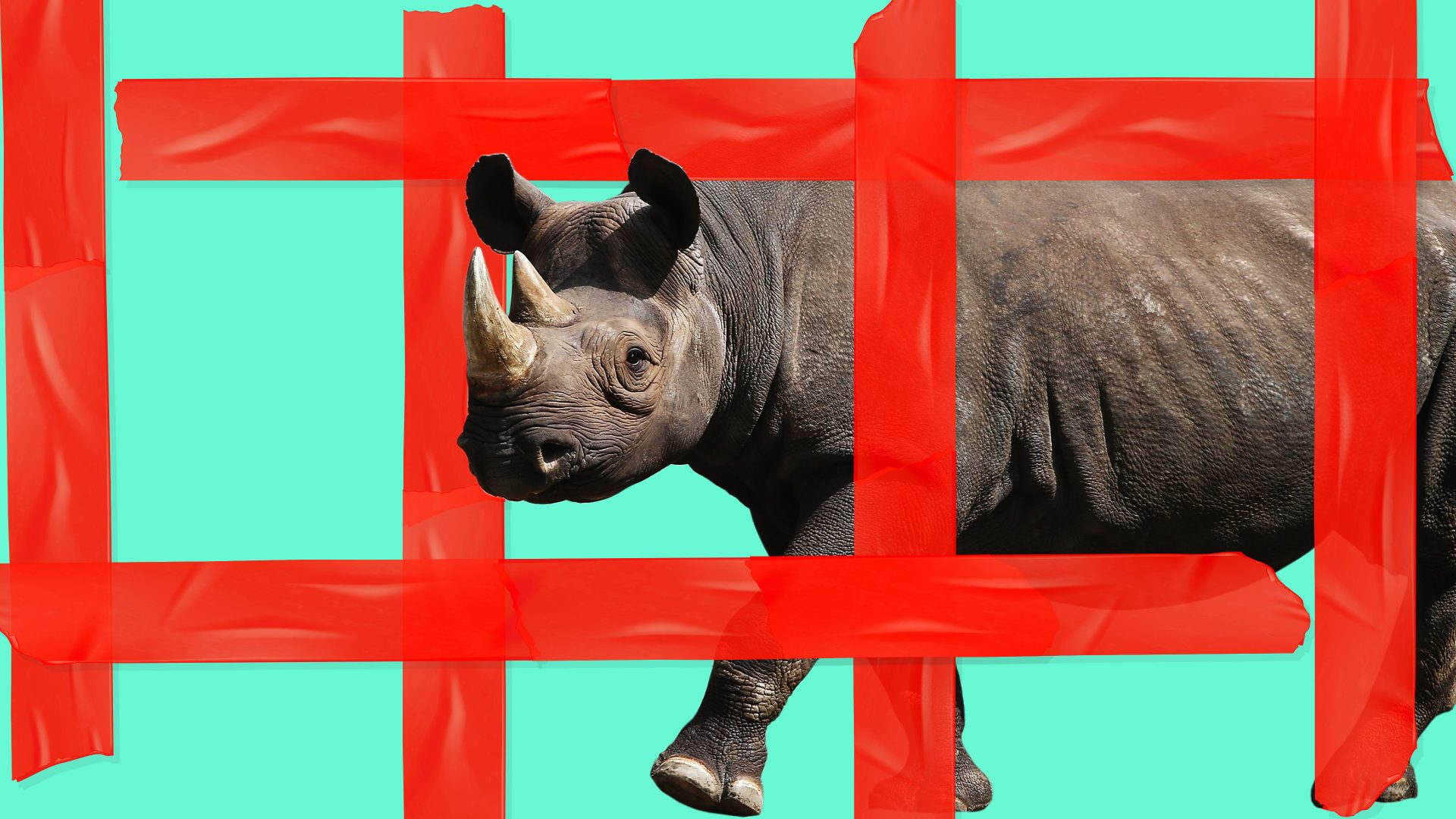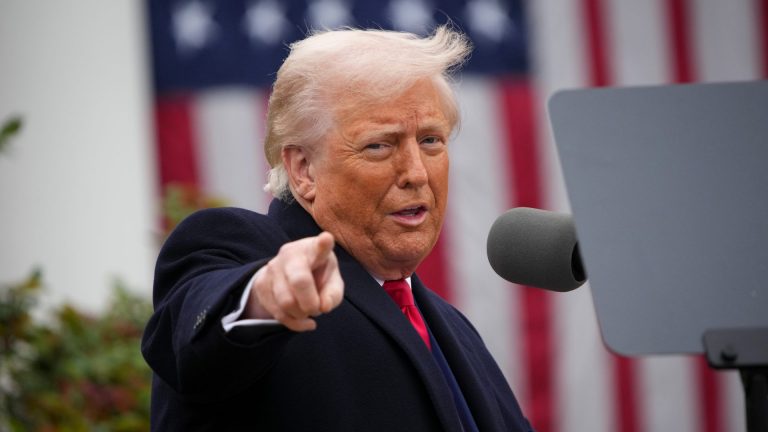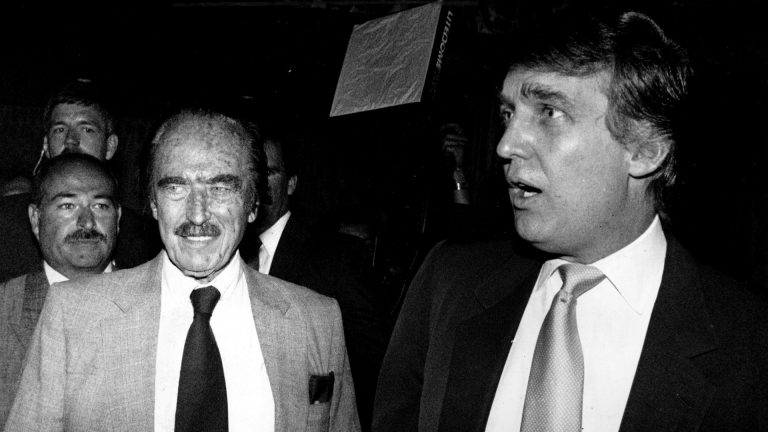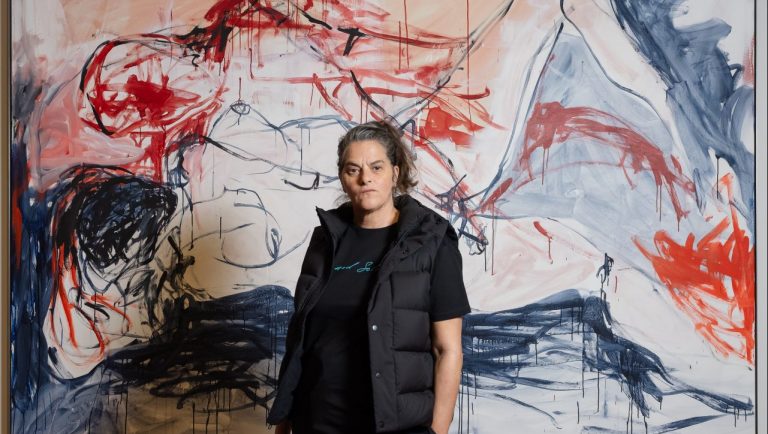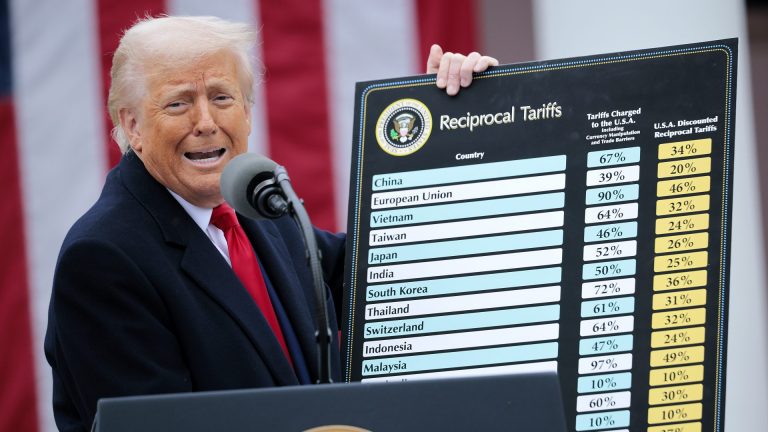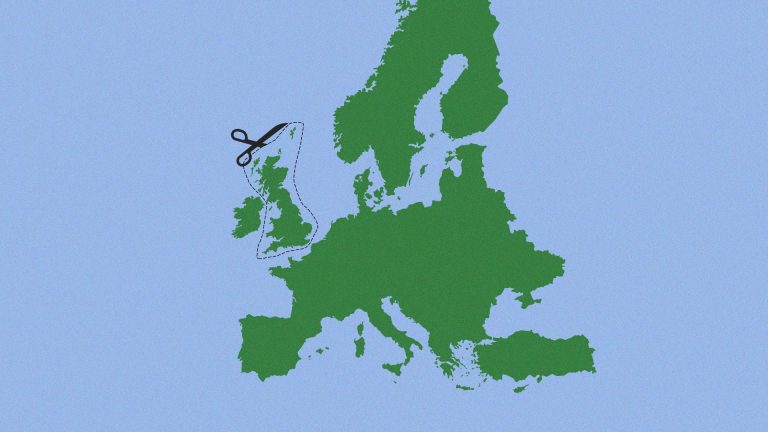Endangered species are the latest victims of Brexit red tape.
Leaving the European Union has created an administrative nightmare for UK zoos hoping to send animals, including many from species that are critically at risk, abroad to breed as part of international efforts to ensure their survival.
Brexit has coincided with the entry into effect of a new EU animal health law and, with the UK now outside the bloc, British zoos must fill in mounds of paper and meet new stringent controls on the import of animals and plants into the EU, known as sanitary and phytosanitary (SPS) checks, if they want to send animals abroad to breed.
The delays resulting from the new law — which came into effect in April 2021 after being passed in 2016 – and Brexit are holding up hundreds of transfers and threatening conservation breeding efforts for species threatened with extinction, according to the British and Irish Association of Zoos and Aquariums (BIAZA).
Before Brexit and the disruption caused by the Covid pandemic, around 1,400 animals were transferred in both directions every year. In 2021, there were just 56 and so far this year, there have only been around 84. And the transfers that do go ahead are taking months longer to complete.
Nicky Needham, BIAZA’s senior manager for animal care and conservation, says the double-whammy has created “a mountain of red tape and extra administration”, which is either preventing or significantly delaying the animal transfers they would normally carry out.
UK zoos have played a pivotal role in European breeding programmes that help zoos maintain the genetic health of their animals, including “insurance” or “safety net” populations for some of the world’s endangered species. Around 25% of the more than 400 ex situ endangered species breeding programmes, or EEPs, managed by the European Association of Zoos and Aquaria (EAZA) members, are coordinated by UK zoos.
For example, the programme for the endangered Eastern black rhinoceros is coordinated by a specialist at Chester Zoo, and 45% of the 87 animals in the programme live in UK-based zoos. BIAZA says that losing UK members’ contributions will jeopardise the viability of the population and any further reintroductions into east Africa.
The breeding programmes are run by coordinators or coordinating committees, and they maintain close contact with all the zoos to ensure the best decisions are made at the right times to safeguard the health and welfare of individual animals but also to ensure the correct genetic mix in the wider species populations. The coordinators make recommendations on which animals should breed together.
But with the UK now outside the EU and classed as a third country, zoos are finding that sometimes the certificates they need for certain animals and certain countries don’t even exist and have to be created through a slow process of collaboration with individual EU member states.
“The UK has always been among the top three biggest and strongest countries in the EAZA community along with France and Germany because they have active zoo communities and big zoo networks,” said Tomasz Rusek, EAZA EU Policy Manager.
But the crippling burden of new regulations could sideline the UK and cut it off from the EEPs, which Rusek described as the backbone of the EAZA. This is because the process is now cumbersome and uncertain, and other smoother options will be available for zoos still struggling to build back from the damage caused by the Covid pandemic, when around 95% of EAZA zoos were forced to close, at least for a time, and staff were furloughed.
“The capacity of zoos has been massively affected and they need to address these limitations, and this is also a practical reason why they will not wait forever if option B or C is within easy reach,” Rusek said.
Irish zoos face a particular problem because many used to send animals to Europe through the UK. Now however, if the concerned animal is listed as endangered by CITES (the Convention on International Trade in Endangered Species of Wild Fauna and Flora), it needs a special CITES export permit to leave the UK, and you can only get that if you are based in the UK. This wasn’t a problem before because EU member states have an agreement limiting the number of permits required to transfer animals.
Rusek describes an almost Kafkaesque bureaucracy.
“For each transfer you need the export health certificate and when that is issued you need the CITES permits, if the species is covered by CITES, and because the CITES permit has limited viability, the zoo can only apply for it once it knows the export permit is in place and so there is a sequence of these steps that need to be undertaken, which makes the whole procedure much longer and for many species or groups of species those export certificates are not in place yet. They have to be created for each species or taxon.”
Needham says that the EU also does not have enough border posts equipped to carry out the necessary SPS checks. Before Brexit, most animals would be transferred from the UK by road or ferry – it was the best way for big animals and allowed vets to keep a close eye on their precious cargo during the journey. These animals used to pass through Calais in France, but there is no border post there now capable of carrying out the necessary checks. Such posts are usually set up by private enterprises and zoo traffic is probably too small to make this economically viable for most commercial companies, Needham says.
Animals can still go through the ports of St Malo and Caen Ouistreham but the sea journey is longer as is the trip through France to other continental destinations. And the welfare of these animals is the top priority of zoos. The animals that have been transferred successfully to European zoos recently have gone in aeroplanes but that’s not really an option for a giraffe, say, or a rhino.
Needham would like to see EU member states agree to live animal checks being carried out at the destination zoo instead of at border posts. And in fact, this is what Defra, the UK’s department for environment, food and rural affairs, has done in the UK.
“Defra have recognised that we don’t have enough border control posts that are open to zoo animals coming inward. So they have put that arrangement in place whereby zoo animals that we currently import can have any necessary checks done at the UK zoo that they are arriving into and that’s been fantastic.”
She recognises that to get the same on the other side would require negotiating separately with each EU member state – a time-consuming, pain-staking process. Defra has criticised the EU’s “bureaucratic approach” on animal and plant health but said it will continue to negotiate to try to find pragmatic compromises when possible.
In the meantime, British zoos must comply with the new regulations, which they broadly agree with from an animal welfare point of view.
“What is frustrating for us is that nothing in the UK has changed,” said Needham. “The health risk from our animals has not increased. It’s simply that we have moved from being an EU member state to being a third country,” she says, noting that, for example, UK animals are now facing extra rabies testing requirements despite being rabies-free.
“It’s challenging to have those (requirements) suddenly put upon us when nothing else has changed.” Not least after the publication of new UK zoo standards that require more, not less, collaboration for conservation, she notes.
“Everything progressive zoos do is underpinned by the need to carry out good and effective conservation … on the one hand (the government is) asking us to do more, and we are all on board with that, but on the other hand we are really struggling to get the logistics in place to achieve that,” she said.
Rusek says one solution – albeit a long-term one – could be the creation of a common veterinary area, like the one that allows Switzerland and Norway to move animals more easily within the EU. In the meantime, EAZA is advising breeding programme coordinators to persevere with the system, and apply for the necessary permits, as painful as that might be.
All of this is happening as the world tries to negotiate new rules for safeguarding biodiversity – the so-called post-2020 Global Biodiversity Framework – in the face of a rapidly changing climate. Everyone will need to do more, Rusek says, and that means somehow overcoming the obstacles to animal transfers between zoos.
BIAZA is lobbying for a UK-EU SPS agreement to be implemented as soon as possible. But with UK-EU relations souring seemingly by the hour, there’s little evidence of the goodwill needed for progress.
Just this week, foreign secretary Liz Truss, the hot favourite to replace Boris Johnson as prime minister next month, launched dispute resolution proceedings with the EU over the UK’s exclusion from scientific programmes, including the €95.5bn Horizon Europe scheme. For its part, the EU launched legal proceedings against the UK after London published the Northern Ireland Protocol Bill that would override some of the post-Brexit rules it agreed to to prevent a hard border on the island of Ireland.
Needham knows a longer-term solution could take a long time. “SPS agreements have been put in place with the EU and other regions … but these are big projects, they are very complex, they take years to put in place and they take a lot of work,” she said.
Not an obvious fit then for the current work-shy Tory government. Or indeed its all-change-no-change successor. Once again, the isolationist reductiveness of Brexit will exact a heavy toll far beyond Britain’s borders.


